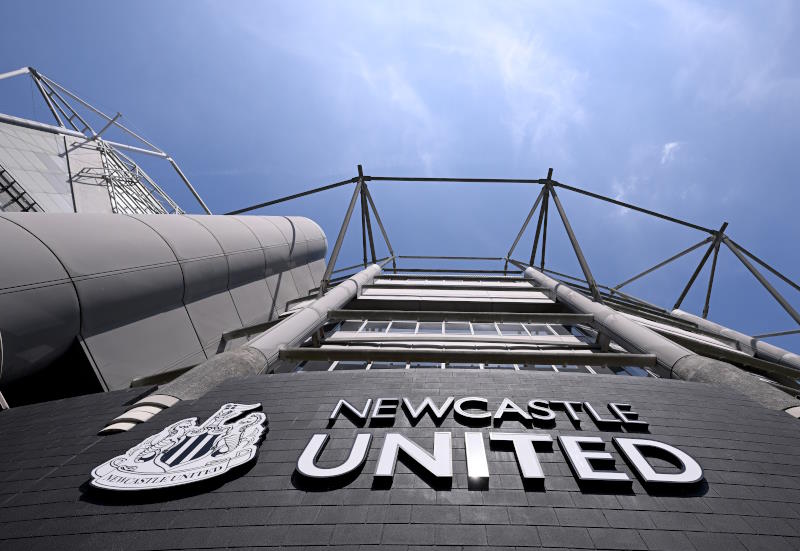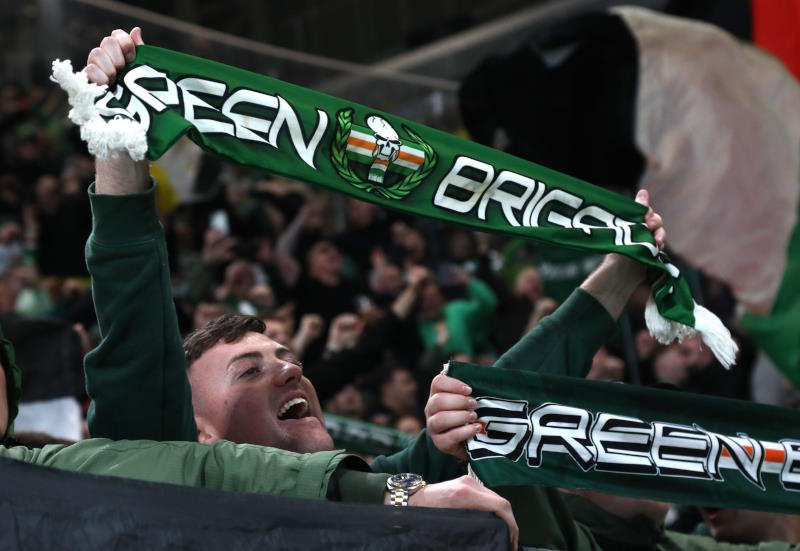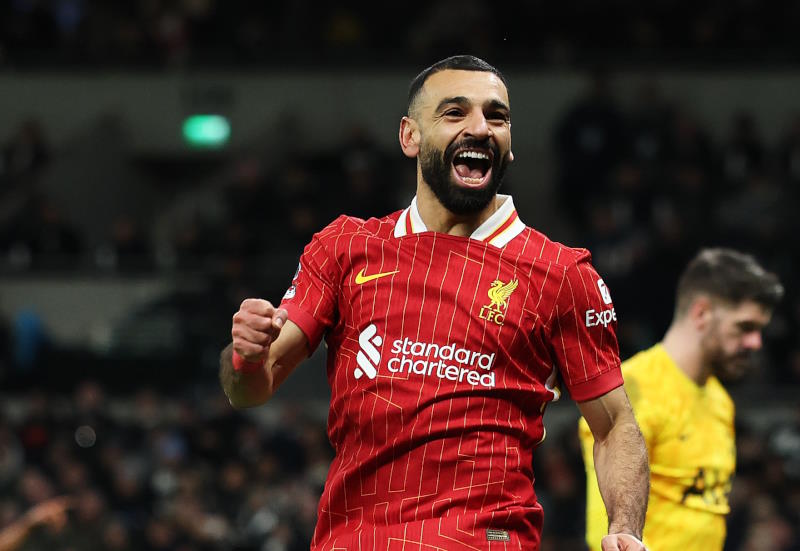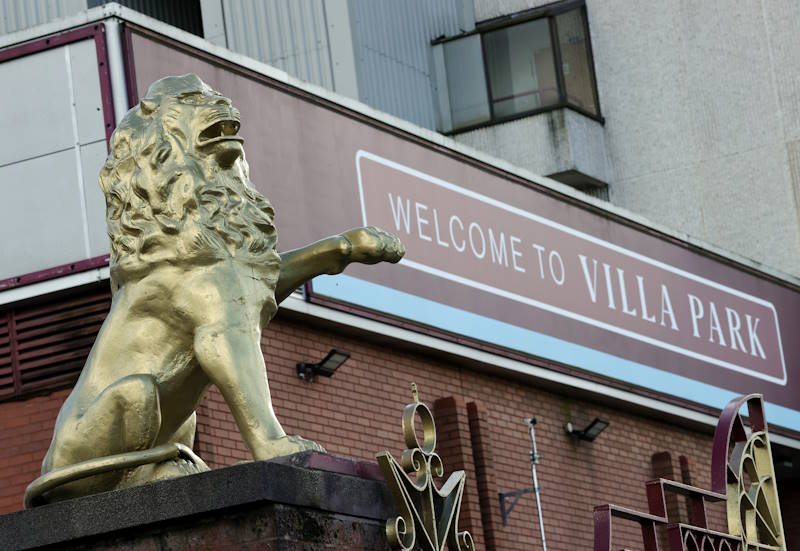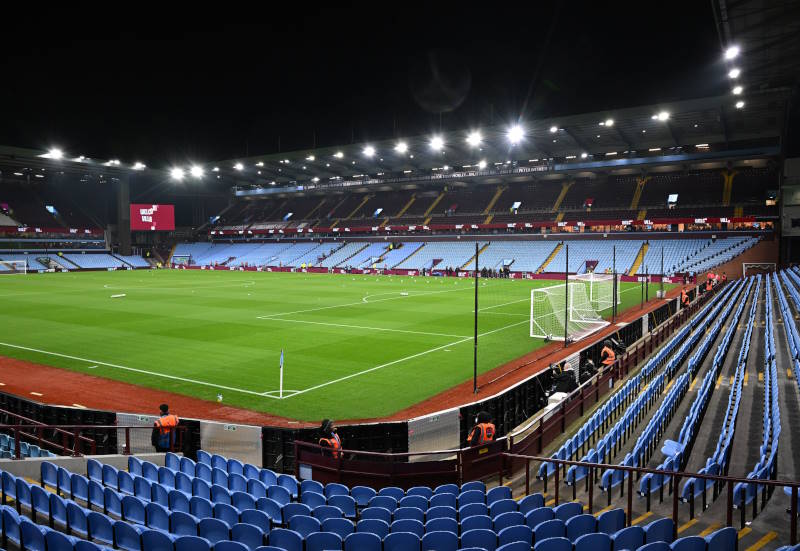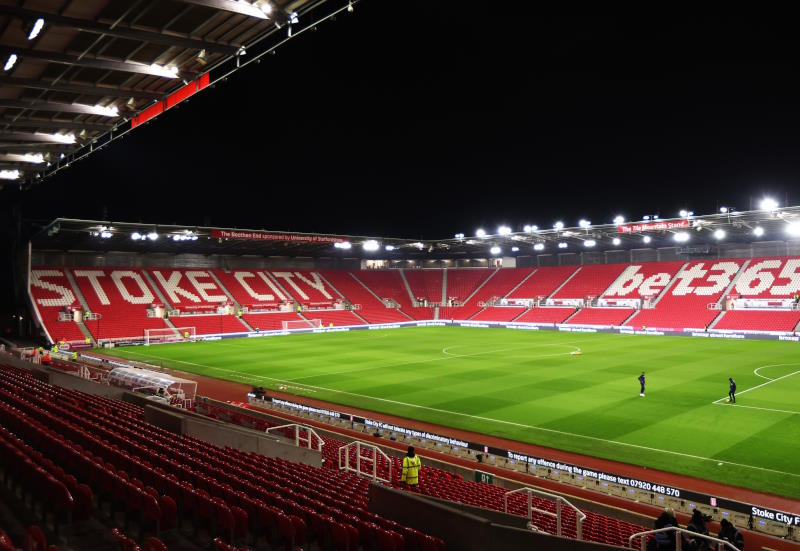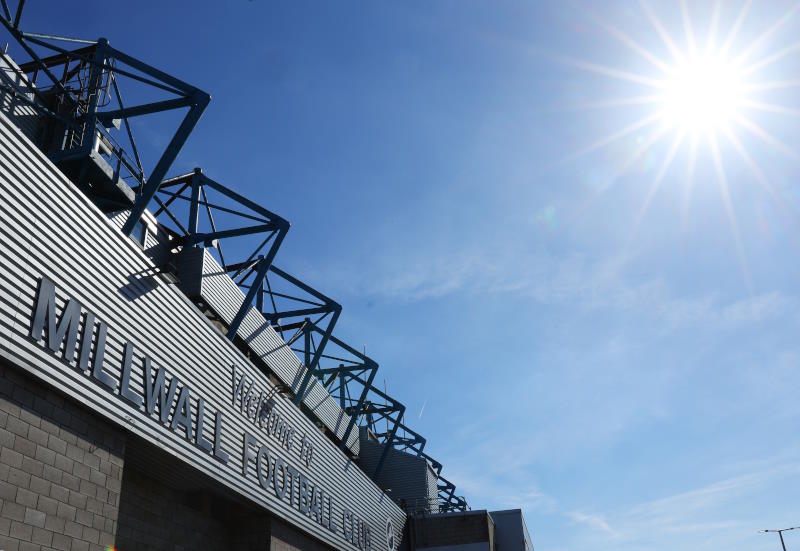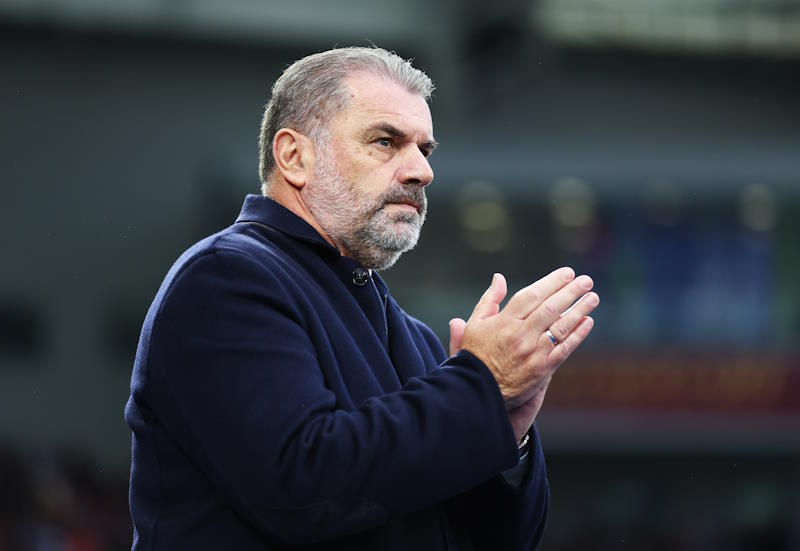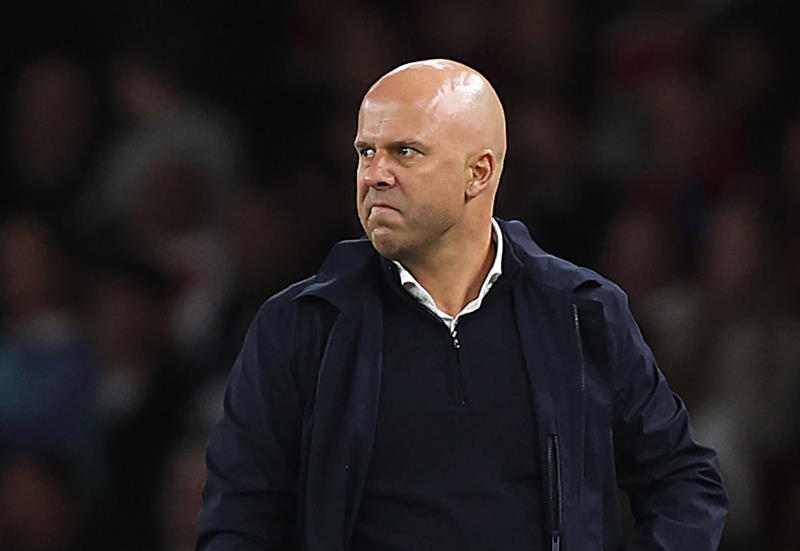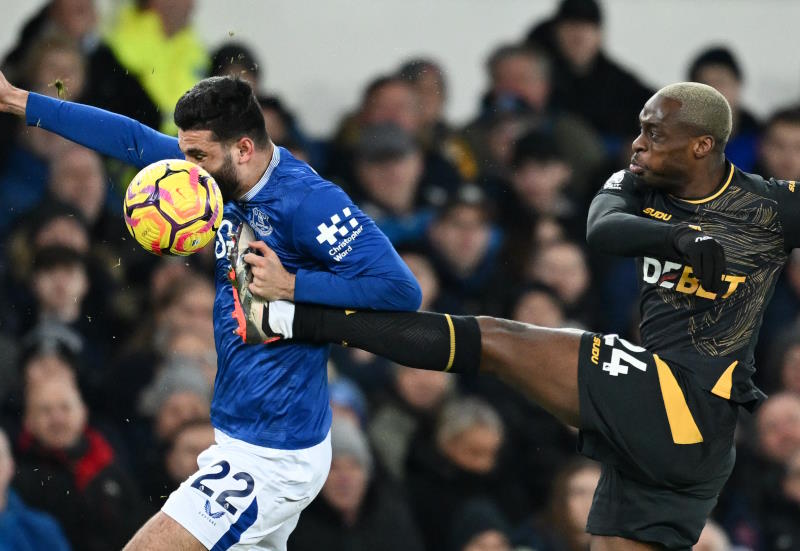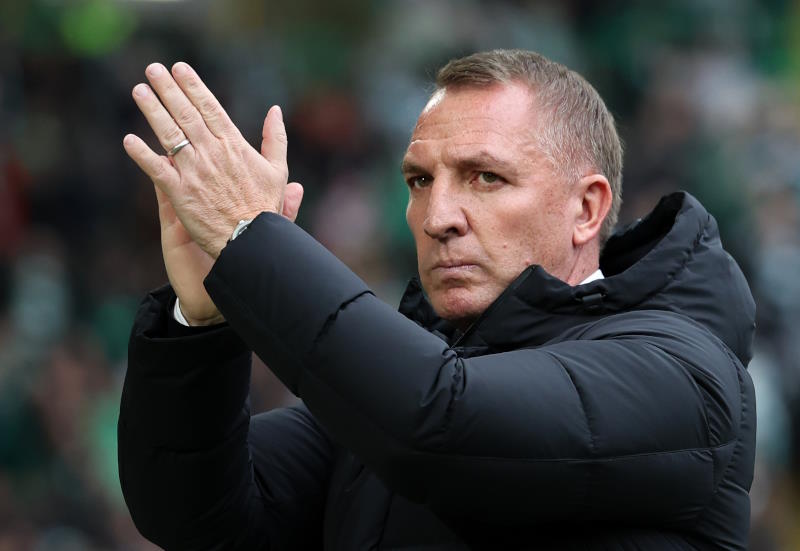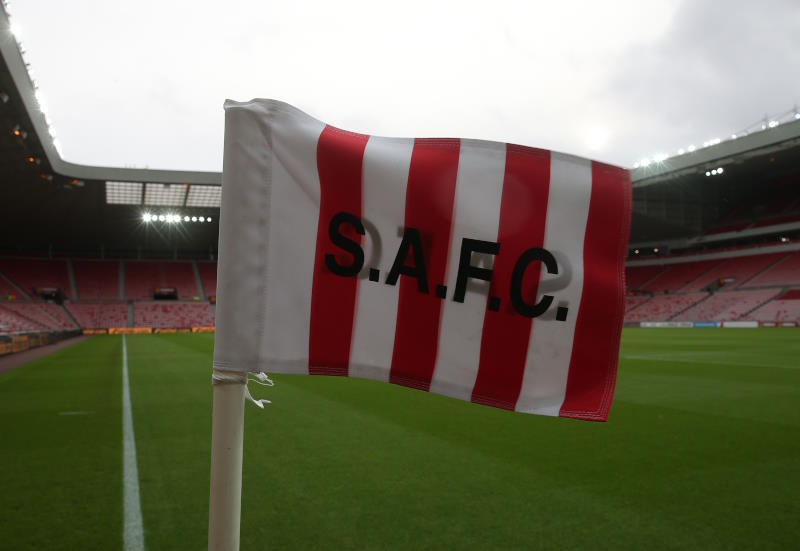
David Showell
As a player, Ruud Gullit lit up the game. He helped to re-invent football and bring it into the light after the austerity of the early 80s. He was named European Footballer of the Year and dedicated his award to an incarcerated Nelson Mandela. At Euro 88, the dreadlocked destroyer radiated an aura of sumptuous talent allied to an immense love of playing and, of course, of winning. And all this was achieved in a shirt the same colour as an orange Chewit. Let’s face it he made the game cool again.
At club level, Gullit won trophies in three countries, and ended his career at a resurgent Chelsea. But he’s best known for his uber-successful spell at AC Milan. With a Dutch triumvirate of Gullit, Frank Rijkaard and Marco van Basten, the Rossoneri dominated European football, the highlight being a memorable 5-0 demolition of Real Madrid in 1989.
As a pundit, he coined the phrase ‘sexy football’, a term that summed up the joie de vivre that illuminated his playing career. But, when the boots were hung up and the Chewit shirt was auctioned off to someone with no taste, could he apply his talents to management?
Gullit took the plunge at Stamford Bridge, donning the player-manager’s tracksuit in 1996 when Glenn Hoddle left to sample the ‘karma’ side of life as England manager. In his first season, he steered the Blues to an FA Cup triumph, their first major trophy since the days of Chirpy Chirpy Cheep Cheep.
But any thought that management was going to be easy didn’t last. He fell foul of Chelsea’s owner Ken Bates and was shown the door in 1998. It’s worth remembering that Gullit’s success at Chelsea was in the pre-Abramovich days, when balancing the books was still a priority at the Bridge.
For all the upset, Chelsea was an oasis of calm for the Dutchman compared to Newcastle United. Gullit arrived on Tyneside with a big reputation and high hopes from the Gallowgate faithful. But the same could be said for Messrs Ardilles, Keegan, Souness, Allardyce and Kinnear (and Shearer, perhaps?). But reputations and hopes don’t put trophies on the shelf.
The Dutchman was back at Wembley for an FA Cup Final in his first season. However, though he and the supporters turned up, the players apparently didn’t. A limp and uninspired performance ended in a 2-0 defeat to Manchester United. In the following season, things went from worse to even worse.
Despite a Wembley appearance, the 1998/99 season doesn’t rank high on the list of the Toon’s best campaigns. Thirteenth place, with just 11 wins, was never going to be enough to endear the manager to the trophy-starved faithful. United finished below the likes of Derby, Sheffield Wednesday, Leicester and, unforgivably, Middlesbrough. Mr. Gullit was standing on a base of shifting sand.
The following season started in ominous disappointment for the club, with a tepid home defeat to Aston Villa. Four games later, Newcastle had amassed just one point, in a home draw with Wimbledon. Losses to Tottenham and Southampton had the vultures circling overhead, waiting for Gullit’s carcass to be abandoned in the desert.
By the next game, a home grudge match against Sunderland, Gullit had had a major falling-out with star player Alan Shearer and club captain Robert Lee. To the consternation of many, the Dutchman kept Shearer on the bench and watched as the hapless Magpies lost 2-1 to their bitter rivals in the pouring rain. Shearer eventually got onto the pitch, but it was to no avail. Three days later Freddie Shepherd did a Ken Bates and invited Gullit to vacate his office.
After a break to concentrate on media work (and his impressive golf swing) he was back in the manager’s chair, this time in his native Holland. When Feyenoord called, Gullit made the trip back to one of his former clubs. But he resigned after a disappointing fourth place in his first season.
In November 2007 the former Milan man moved stateside, taking over as head coach at Los Angeles Galaxy. Amid the predictable media circus, Gullit looked as though he’d finally found his comfy chair. But it didn’t last, there was friction with some members of the squad and, after a run of seven games without a win, he resigned nine months into his reign.
It seems that great players don’t always make great managers. Sir Alex Ferguson, Arsene Wenger, Jose Mourinho and Rafa Benitez hardly set the world alight during their playing careers. Having said that, Gullit’s former colleagues Rijkaard and van Basten have had plenty of managerial success. In ten year’s time, in which list will Gullit’s name be included? He was a great player, but will he be a great manager?
Related Articles:

